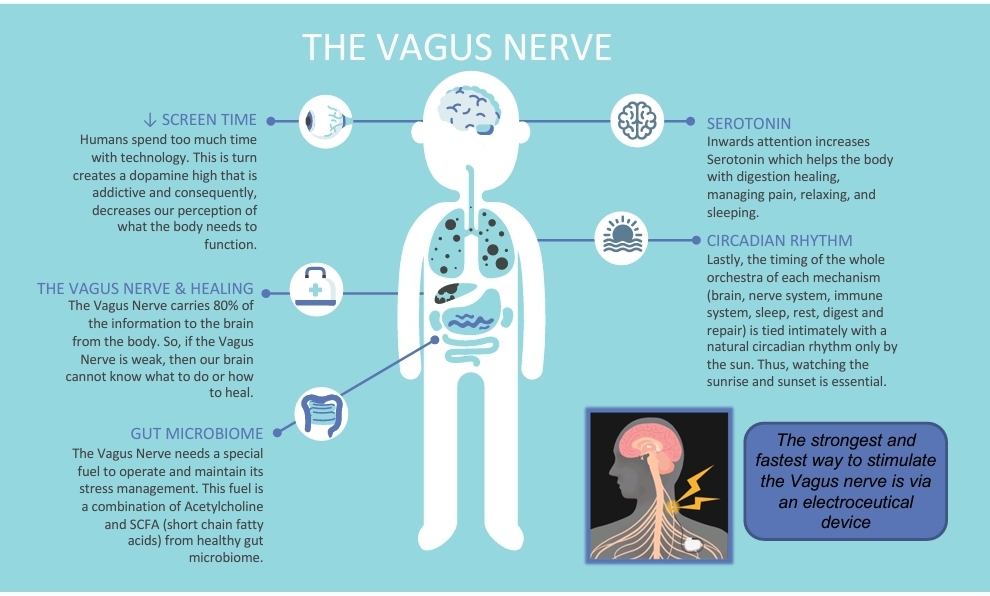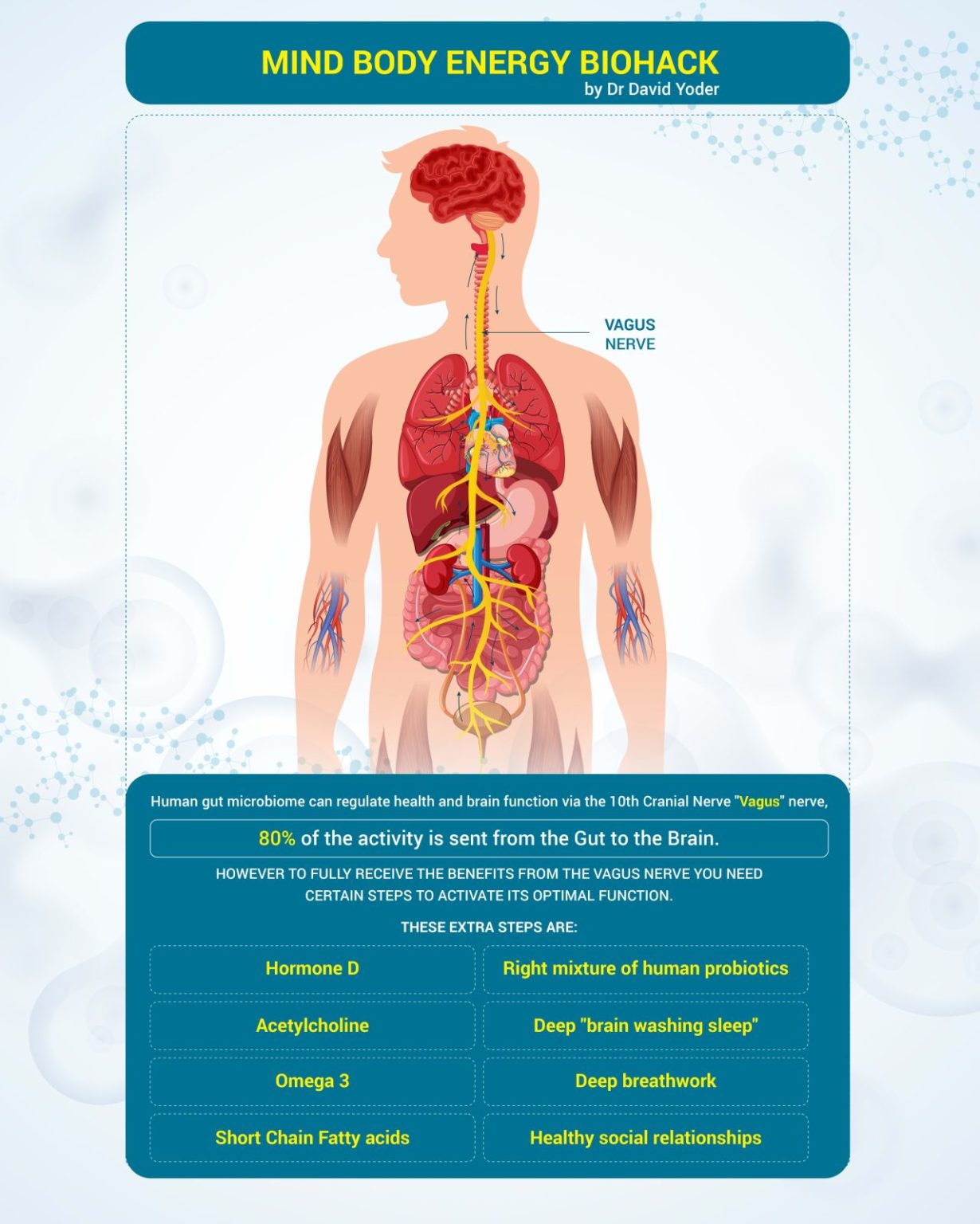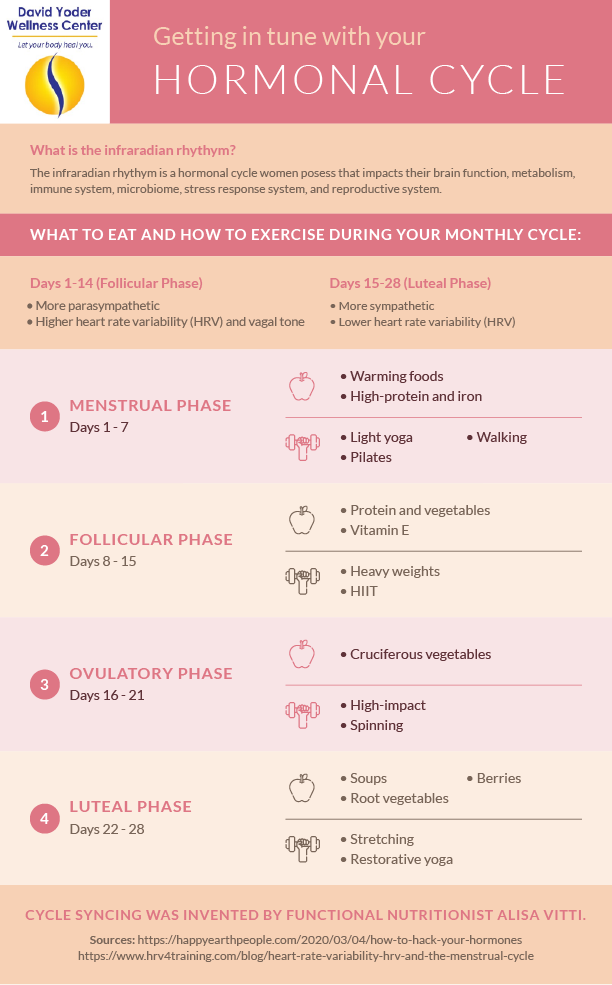The Vagus Nerve
The vagus nerve is a cranial nerve that is a major component of the parasympathetic nervous system. It is the longest of the 12 cranial nerves. Also, it plays an integral role in maintaining homeostasis and regulating many of the body’s physiological processes.
The vagus nerve originates in the medulla oblongata of the brainstem and works its way down the body to the abdomen. Along the way, it innervates organs in the chest, abdomen, and pelvis. It sends sensory information to the brain, as well as motor information that controls the viscera.
The vagus nerve plays a major role in controlling both our involuntary and voluntary reflexes. It helps to regulate heart rate and blood pressure, as well as digestion and respiration. It also plays a role in the regulation of emotions, as it signals the release of neurotransmitters such as oxytocin and serotonin.
The vagus nerve also plays a major role in the immune system. Its efferent fibers are very important to the overall functioning of the immune system, and it also serves as a pathway for the release of cytokines, which are molecules that alert the immune system to the presence of antigens.
The vagus nerve is a complex and multifaceted structure, and its importance to our health and well-being cannot be underestimated. Without its many functions, our body would not be able to maintain homeostasis, and our emotions and immune systems would be out of balance. It is a key component of the parasympathetic nervous system and its importance is only now being fully recognize.
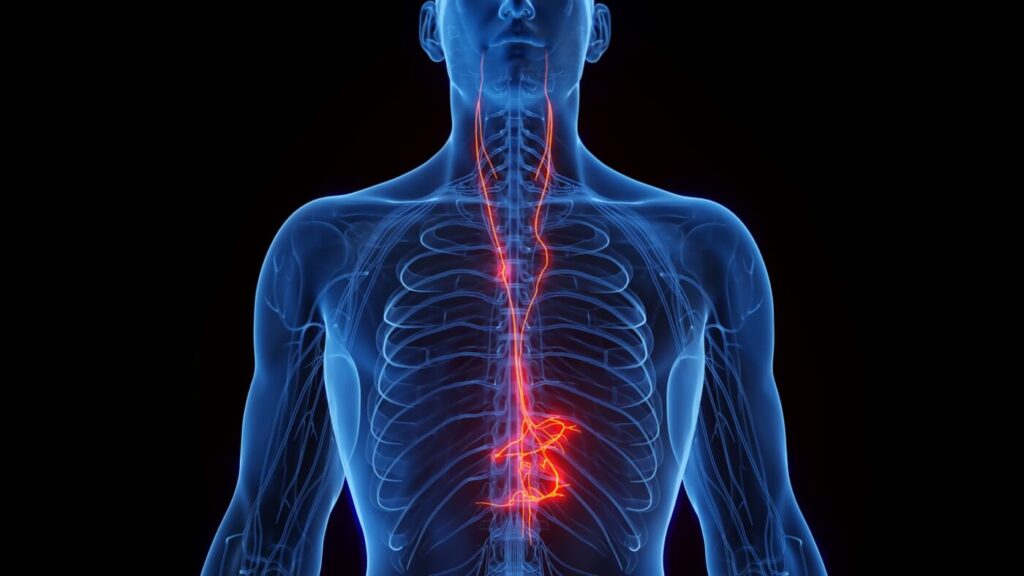
How do we get the body’s “reflex” information?
Energy flows exist between all parts and organs of the body. These flows can be disrupt for a variety of reasons. This disruption is easily discovered with our testing.
As a Nutrition Response Testing practitioner, we will do a full body scan to properly assess each of your reflexes.
The practitioner will do the analysis by contacting your extended arm with one hand, and contact the specific reflex area with the other hand. If the tested reflex is stressed, your nervous system will respond by reducing energy to the extended arm (which will weaken and cause it to drop). A drop in the arm indicates underlying stress or dysfunction in that area which can be affecting your health.
Also, once the underlying stress is correct, this weak muscle response will no longer occur.
